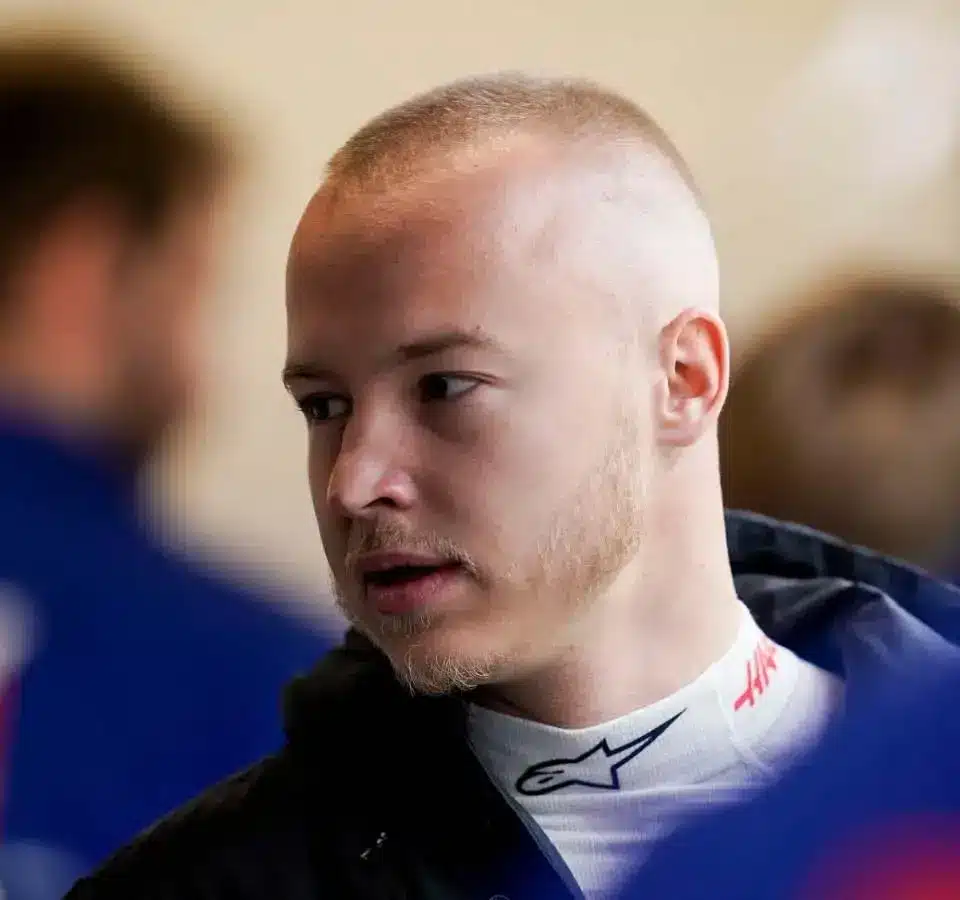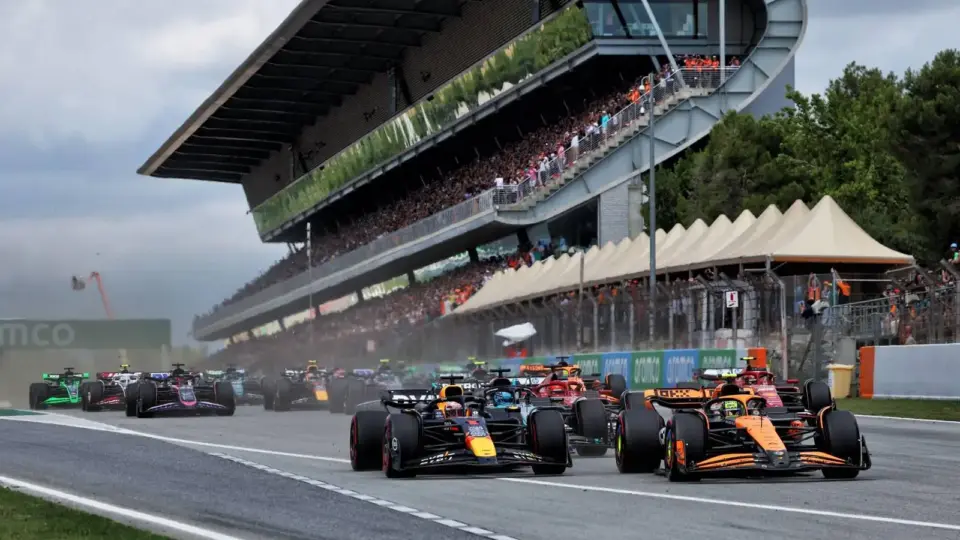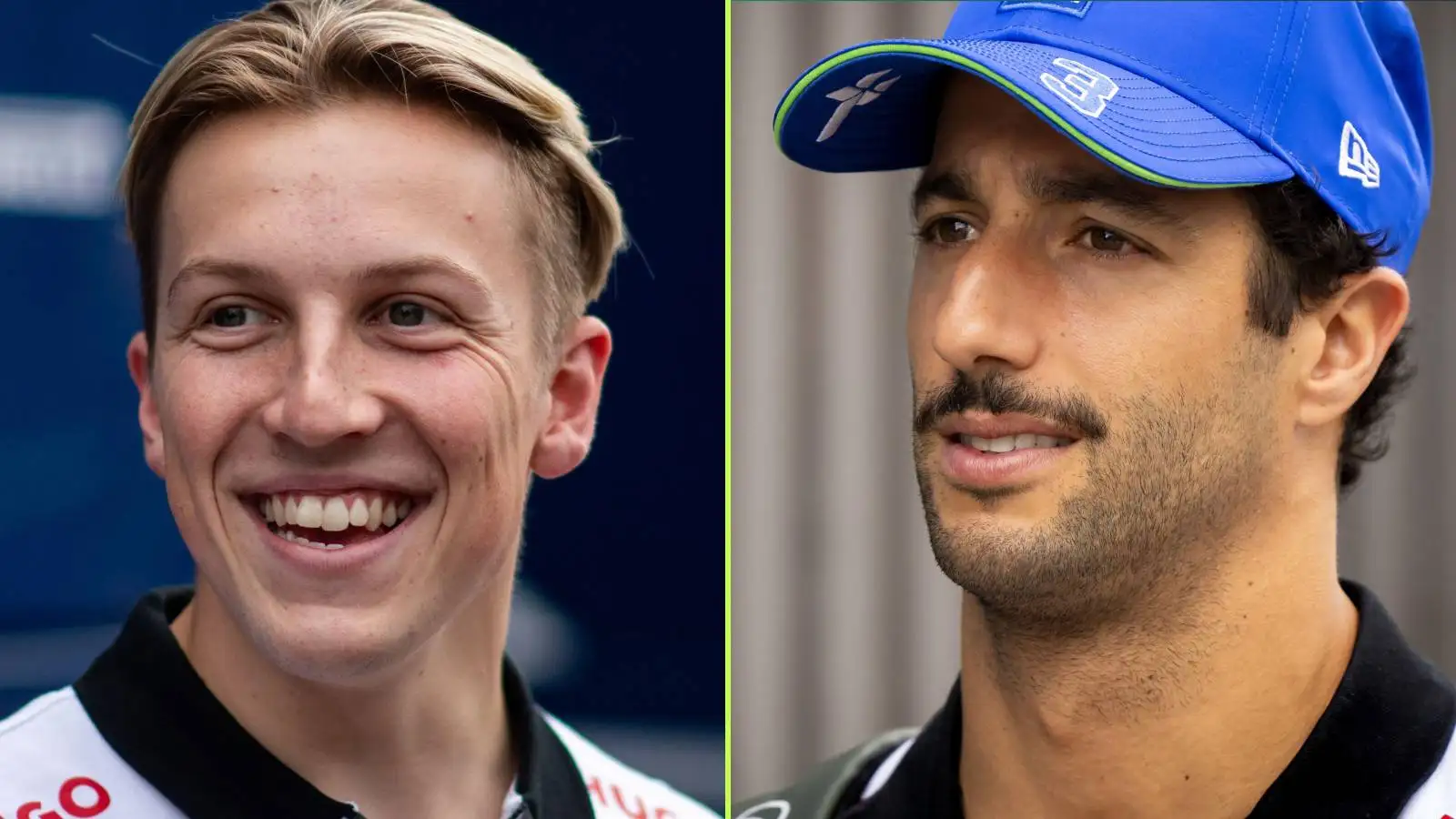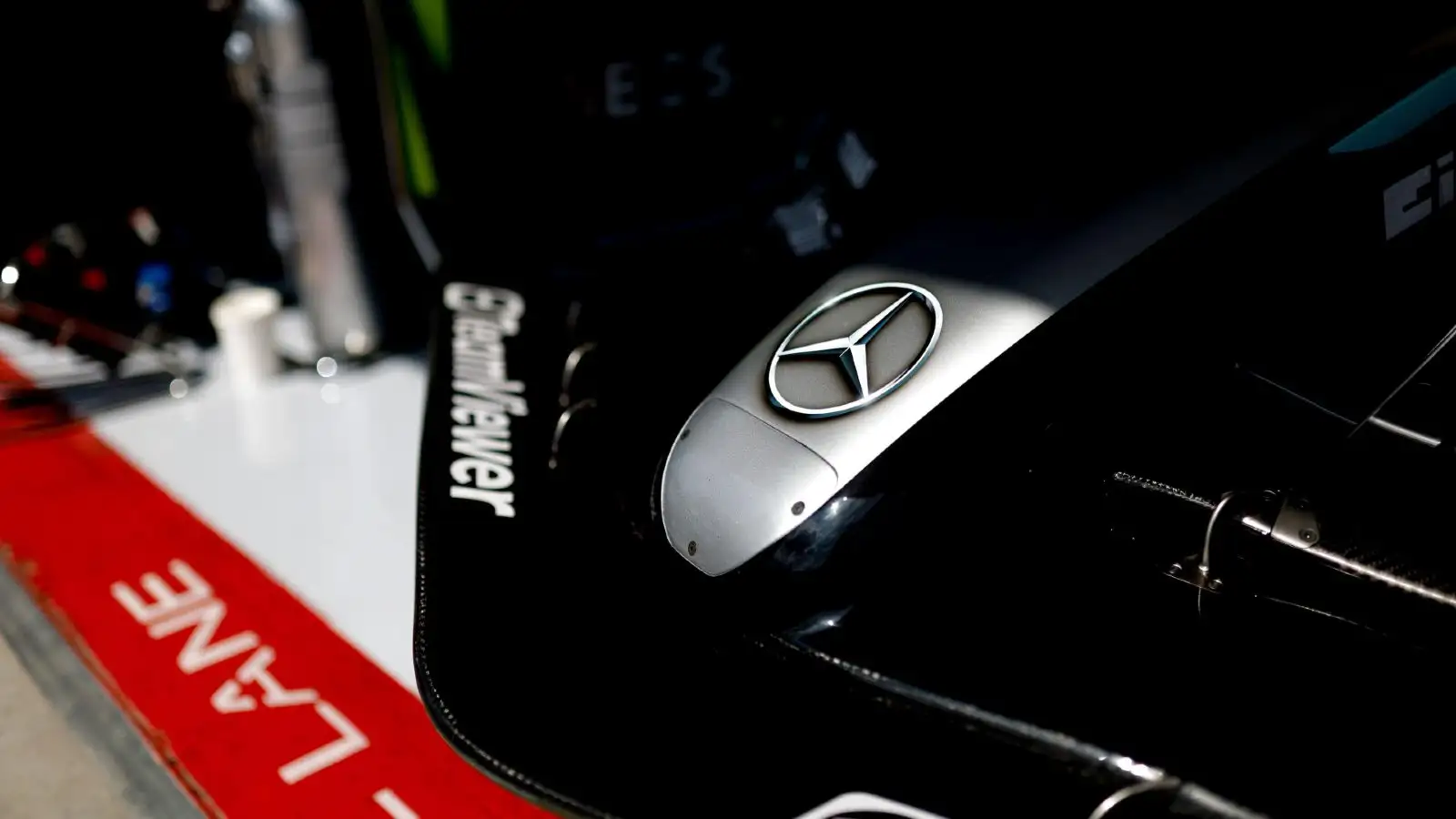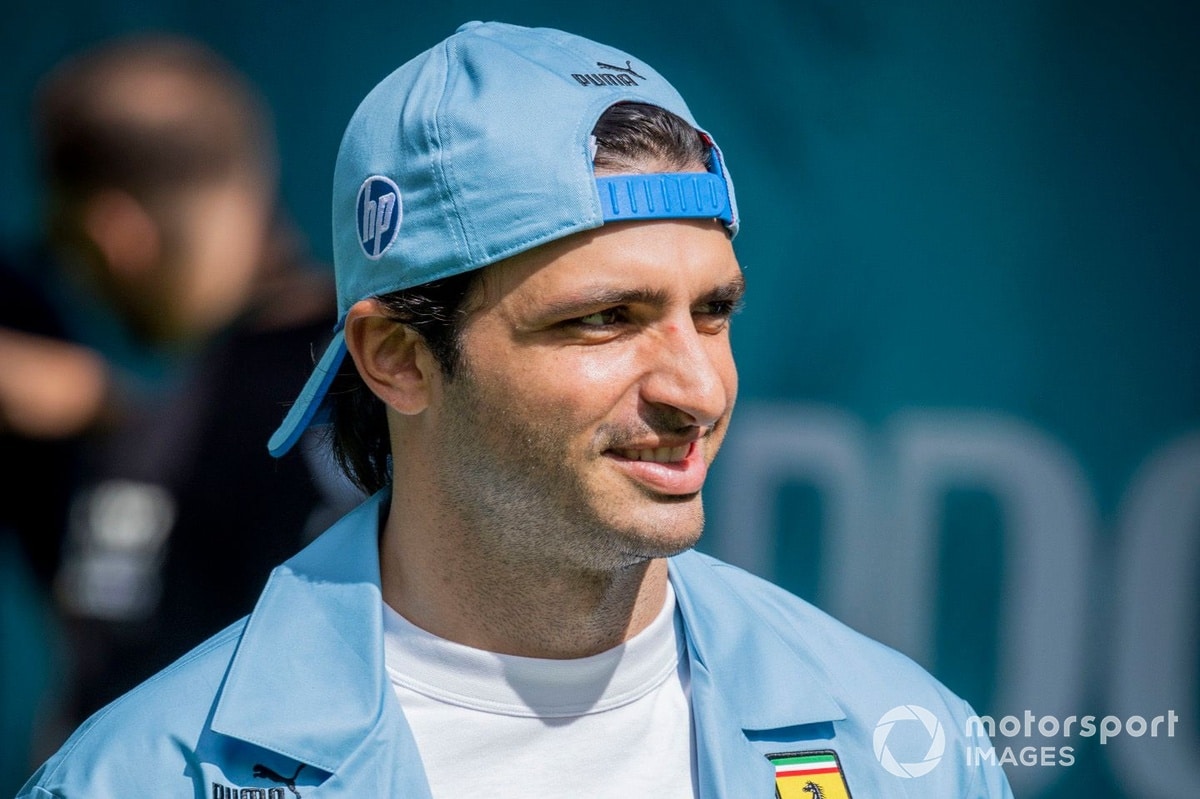Haas and Uralkali’s long-standing dispute is finally put to rest after an arbitration ruling clears the air. Here are the key points from the recent resolution.
- The saga began in 2021 when Uralkali became Haas’ title sponsor, coinciding with Nikita Mazepin’s entry to the team.
- In 2022, following Ukraine’s invasion by Russia, Haas severed ties with Uralkali and Mazepin, sparking a legal tussle over $13 million.
- Uralkali claimed victory, citing Haas’ breach of contract, but Haas’ internal statement tells a different story.
- The arbitration ruled that Haas had just cause to terminate the contract, requiring only a partial refund to Uralkali.
Back in 2021, the stakes were high as Uralkali, a major player in the potash industry, joined hands with Haas by becoming their title sponsor. This partnership was part of the deal that saw Nikita Mazepin secure a racing seat alongside Mick Schumacher. But as tensions rose globally with Russia’s military actions in Ukraine, Haas made a decisive cut. They parted ways with the Mazepin family in early 2022, leading to Nikita’s removal from the team and Uralkali’s sponsorship axed.
This abrupt termination didn’t sit well with Uralkali, sparking a dispute over their $13 million sponsorship fee meant for the 2022 season. They claimed that Haas was in breach of contract, demanding a refund. From Uralkali’s viewpoint, their case was strong as they announced, ‘the tribunal found that Haas was in violation of the contract.’ They insisted the arbitration sided with them, ordering Haas to compensate them – a claim that fueled the fire leading up to the recent arbitration developments.
However, things took a turn when Haas released a statement highlighting the verdict which seemed to contradict Uralkali’s victory claims. According to Haas, the arbitration did not, in fact, find a breach of contract. Instead, it validated Haas’ decision to terminate the agreement citing ‘just cause’. They detailed that the tribunal upheld Haas’ actions, given the circumstances, which involved Uralkali’s Russian ties, stating, ‘the Arbitral Tribunal finds that Haas had a just cause to terminate the Sponsorship Agreement.’
What’s more, the tribunal’s decision did not demand Haas to pay full compensation but instead instructed them to refund the portion of the sponsorship corresponding to the post-termination period. This clarification painted a clearer picture, as Haas reportedly faced pressure from various sports organizations to sever Russian associations swiftly. The tribunal recognized the potential risk Haas faced of being ‘the last non-Russian sport team continuing with a Russian name sponsor.’ Thus, ensuring part of the sponsorship fee was retained by Haas seemed justified under the unique circumstances.
The arbitration saga concludes with Haas retaining a fraction of the sponsorship fee, marking an end to this high-stakes legal battle.
